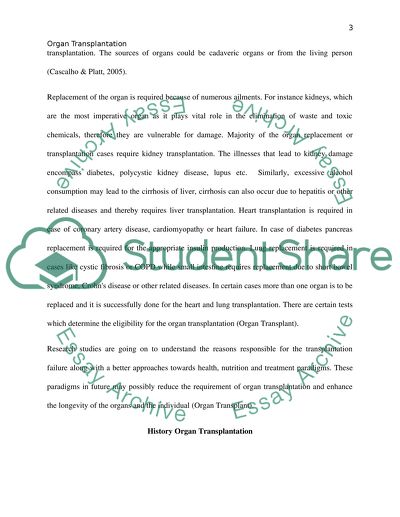Cite this document
(“Organ Transplantation/Replacement Technologies Research Paper”, n.d.)
Retrieved from https://studentshare.org/education/1441652-organ-transplantation-replacement-technologies
Retrieved from https://studentshare.org/education/1441652-organ-transplantation-replacement-technologies
(Organ Transplantation/Replacement Technologies Research Paper)
https://studentshare.org/education/1441652-organ-transplantation-replacement-technologies.
https://studentshare.org/education/1441652-organ-transplantation-replacement-technologies.
“Organ Transplantation/Replacement Technologies Research Paper”, n.d. https://studentshare.org/education/1441652-organ-transplantation-replacement-technologies.


